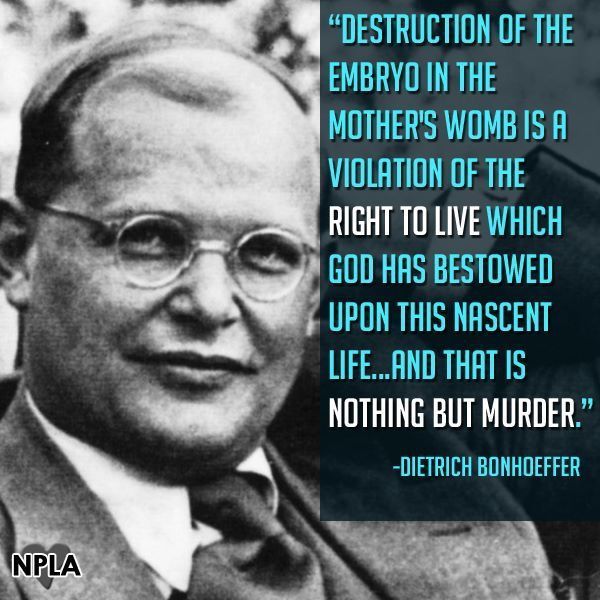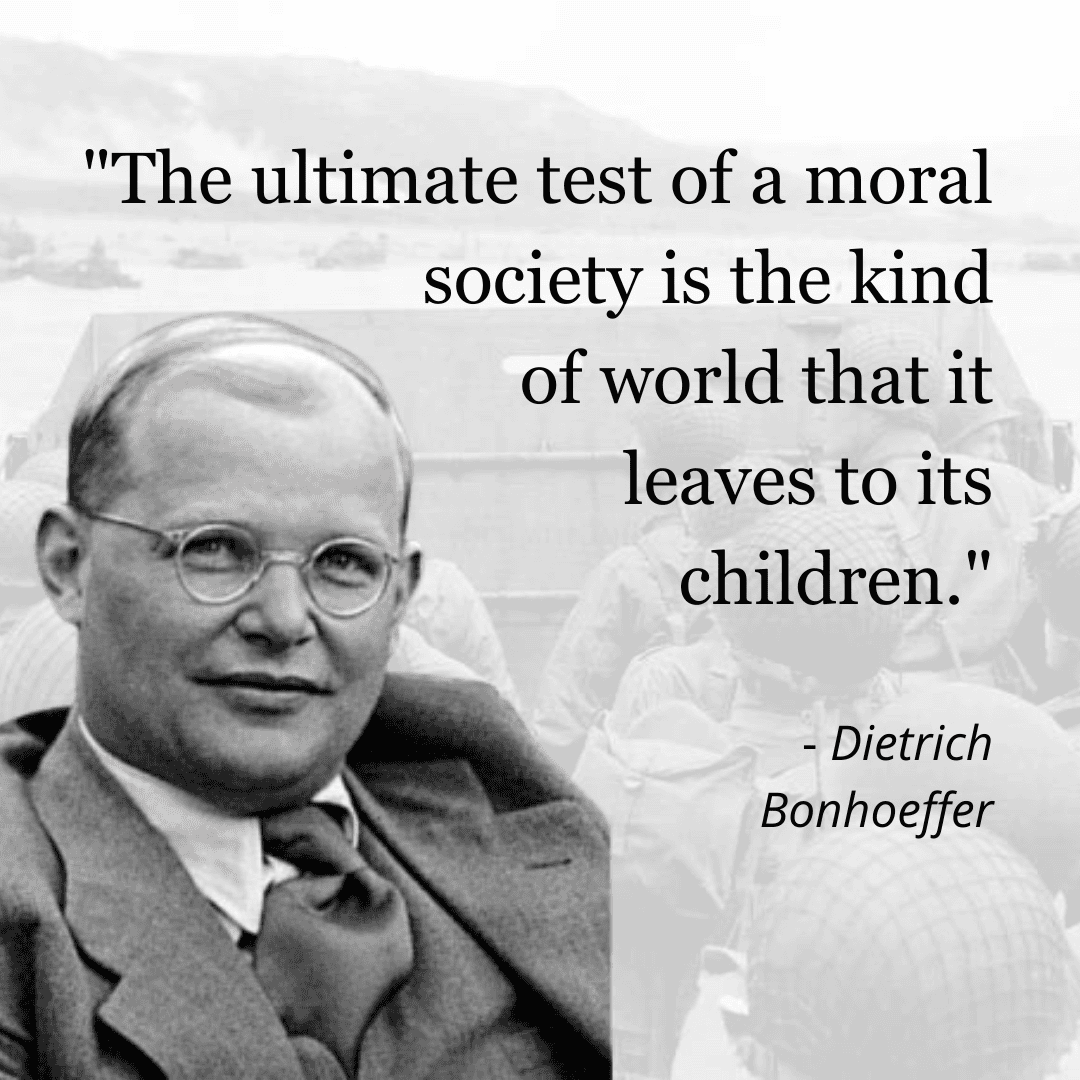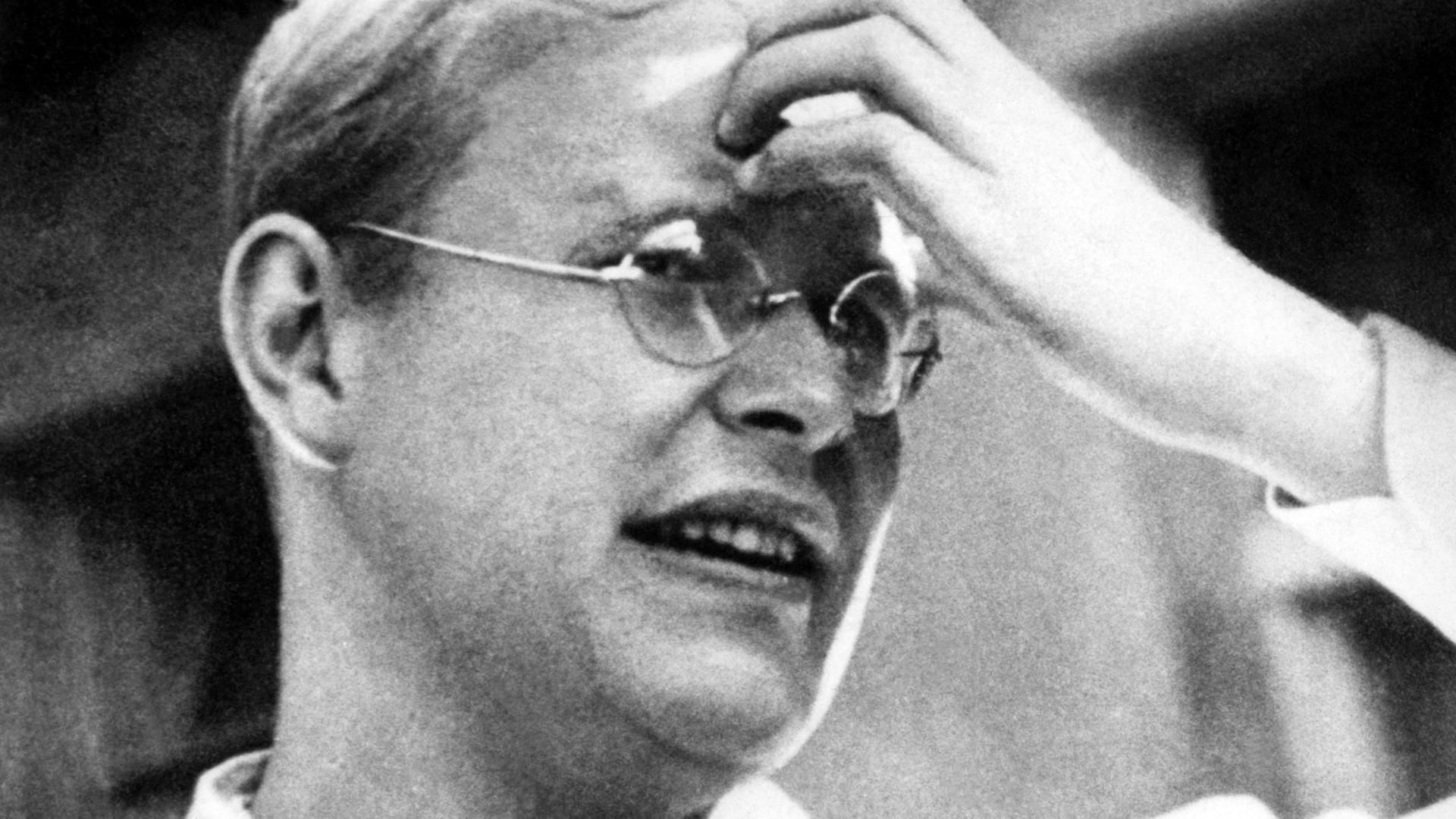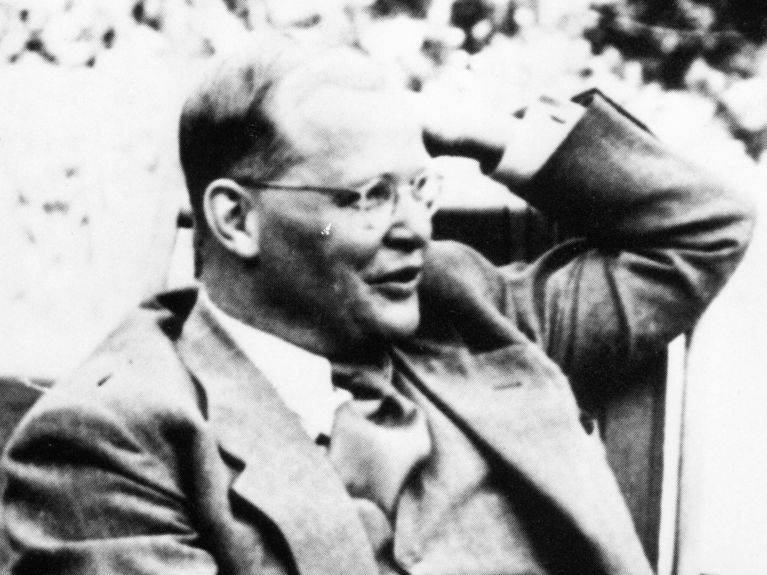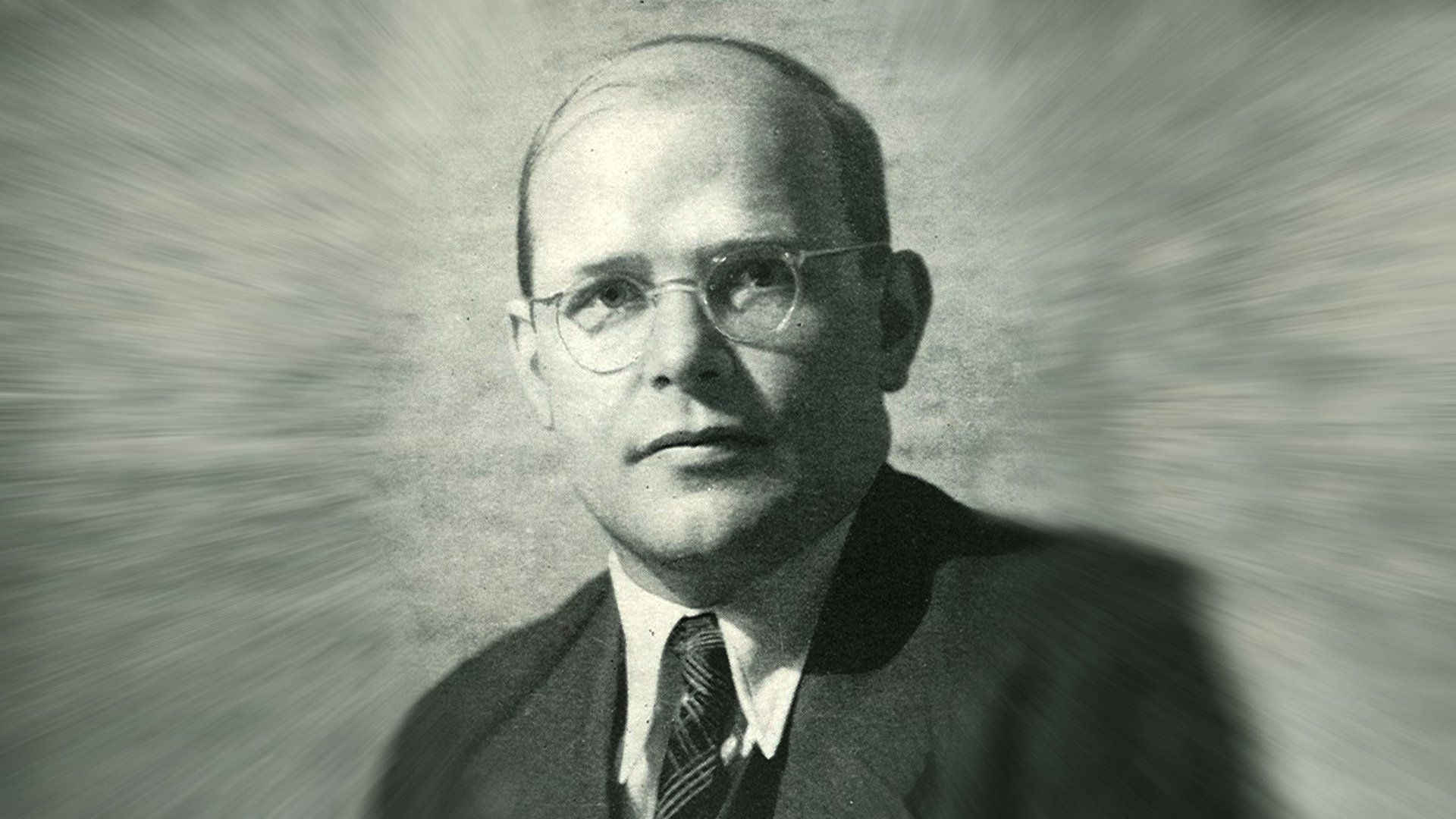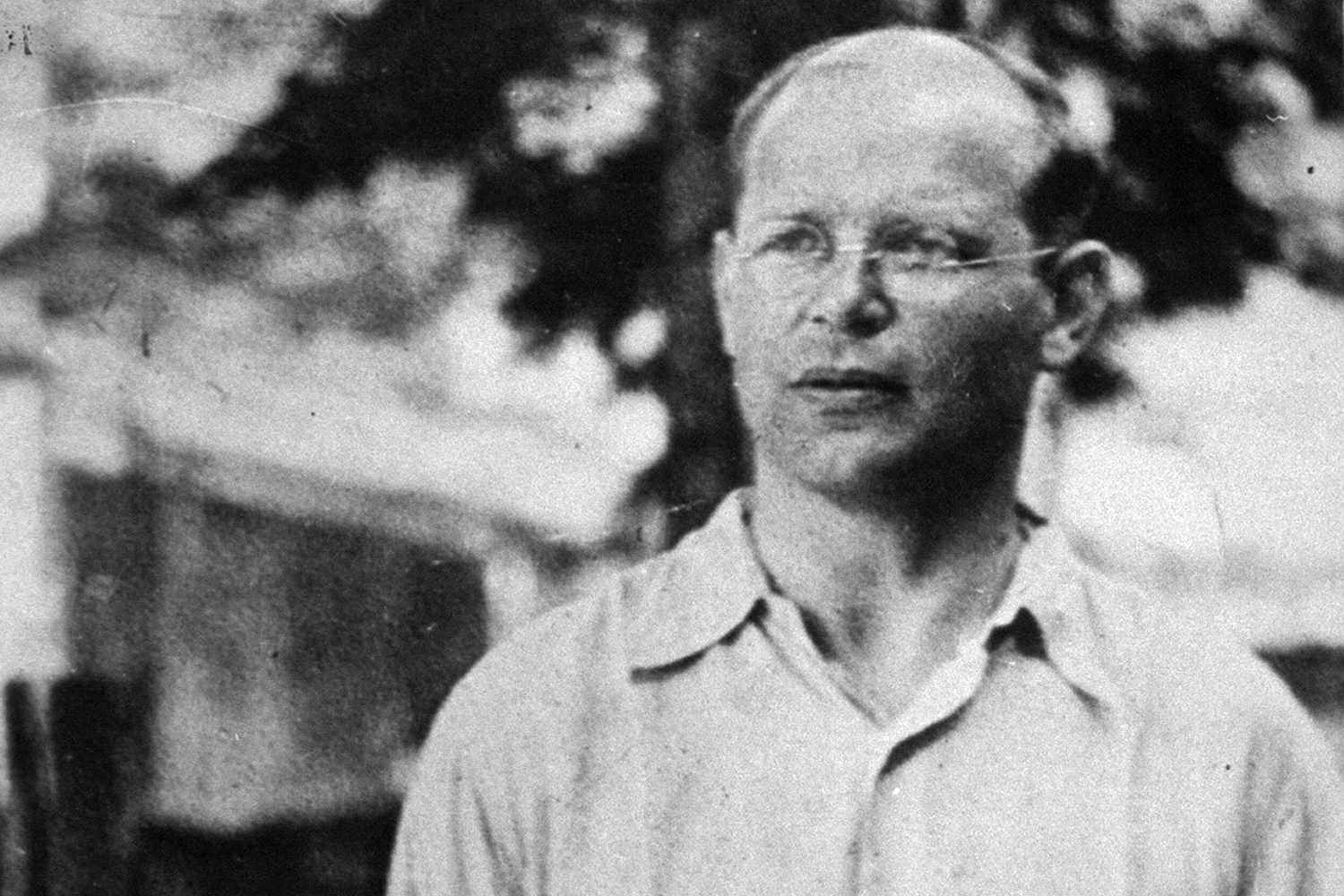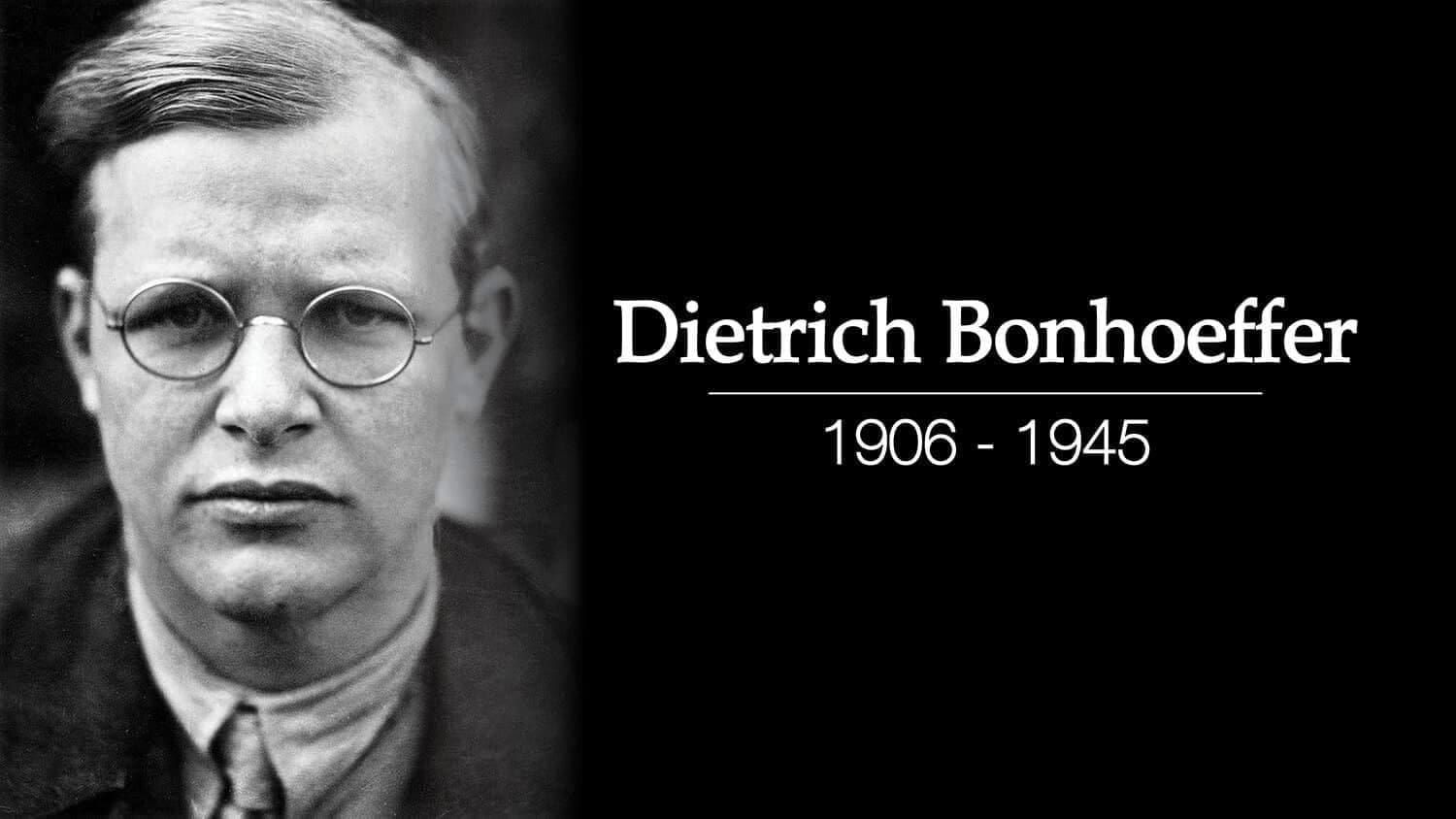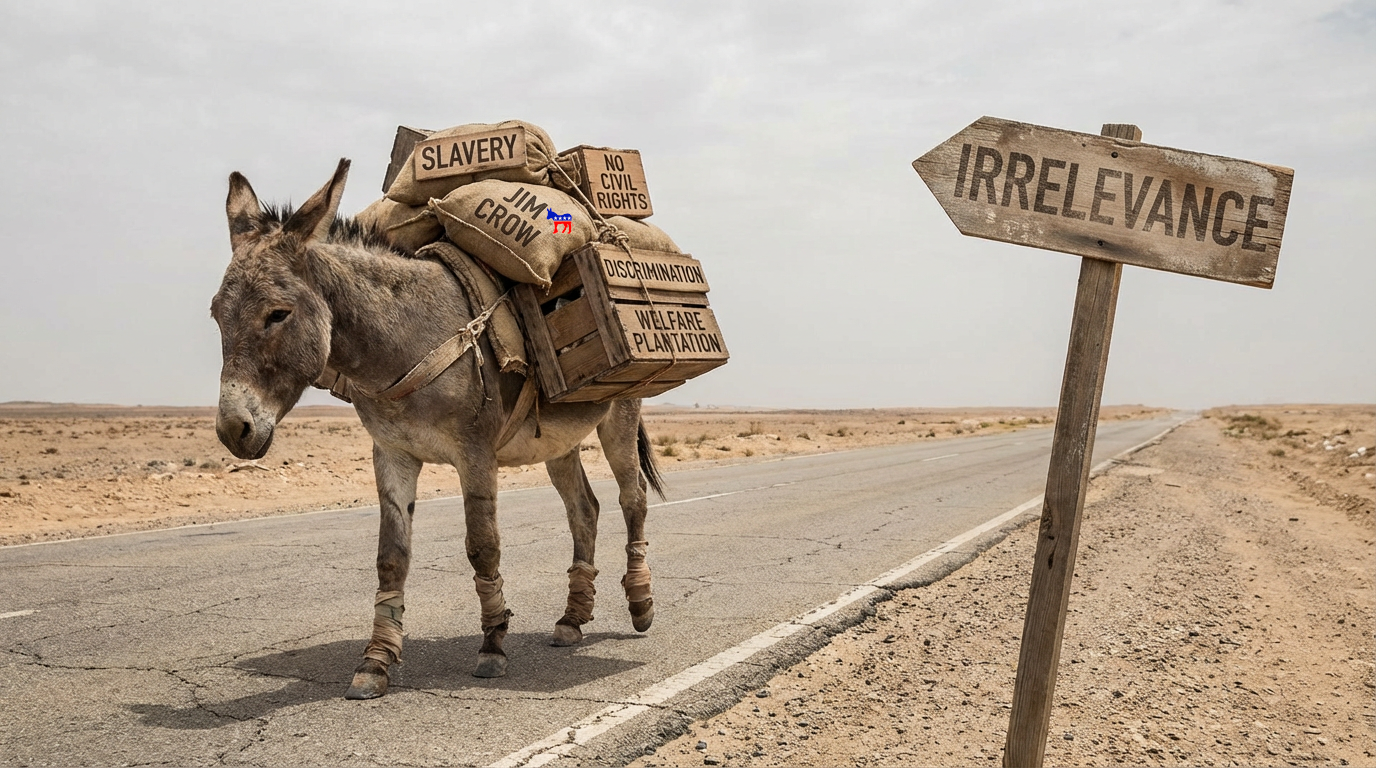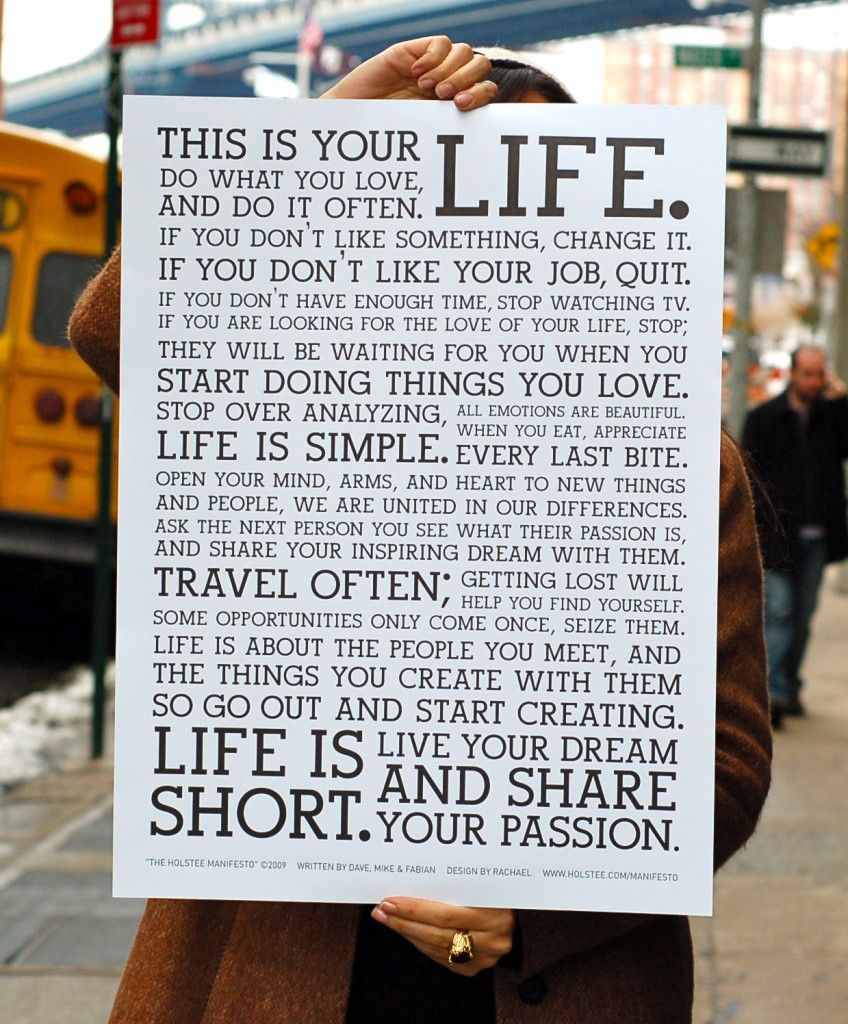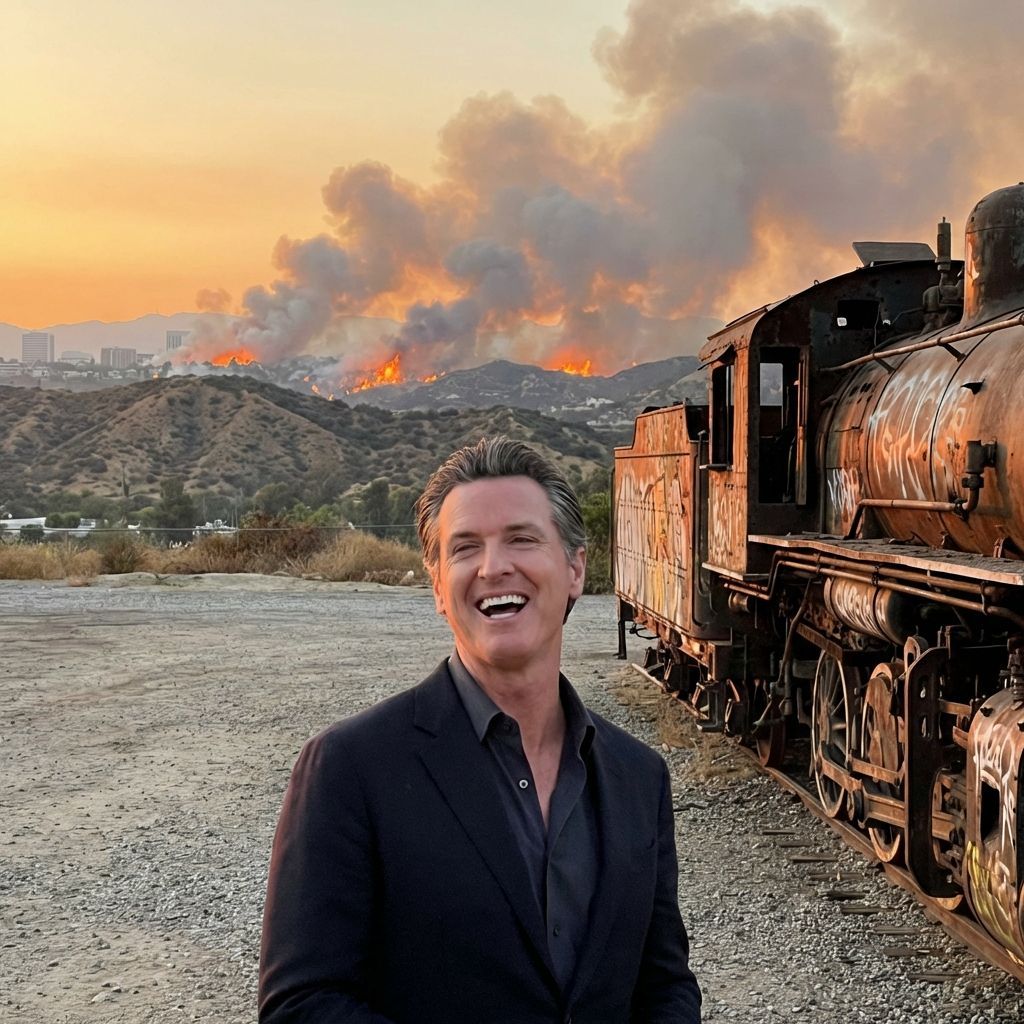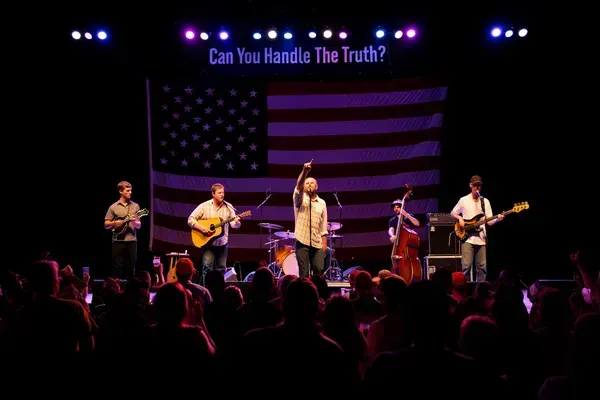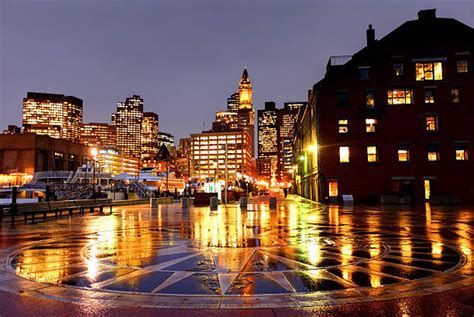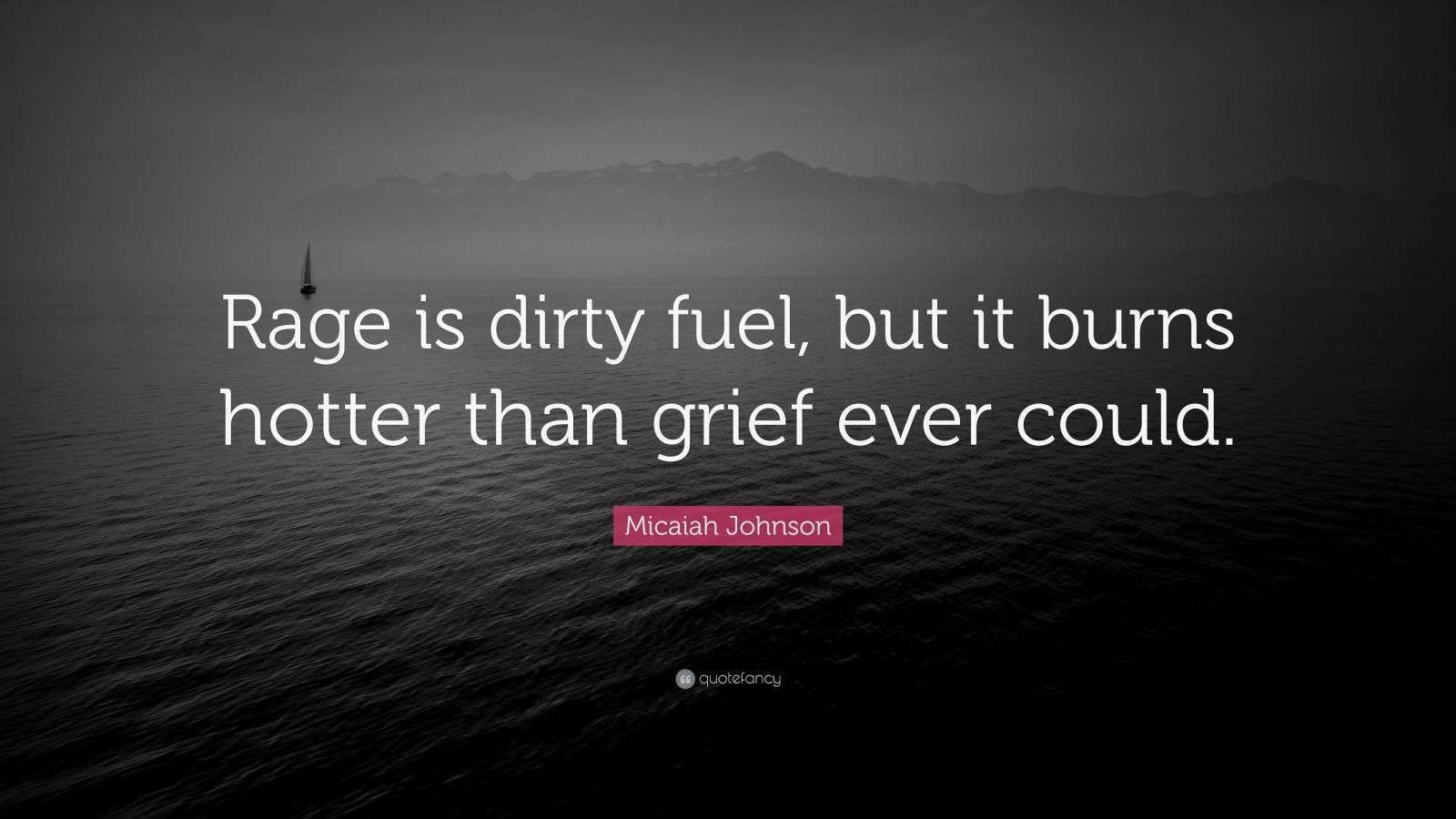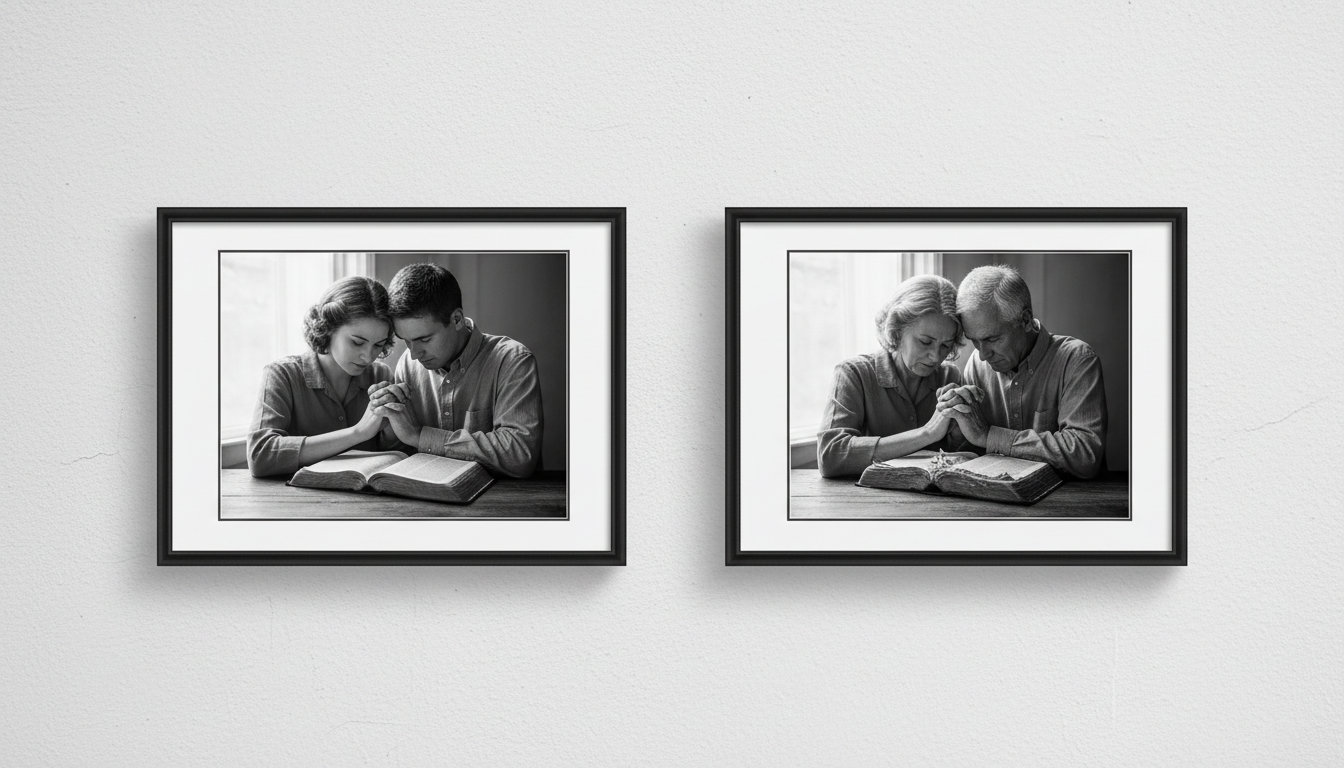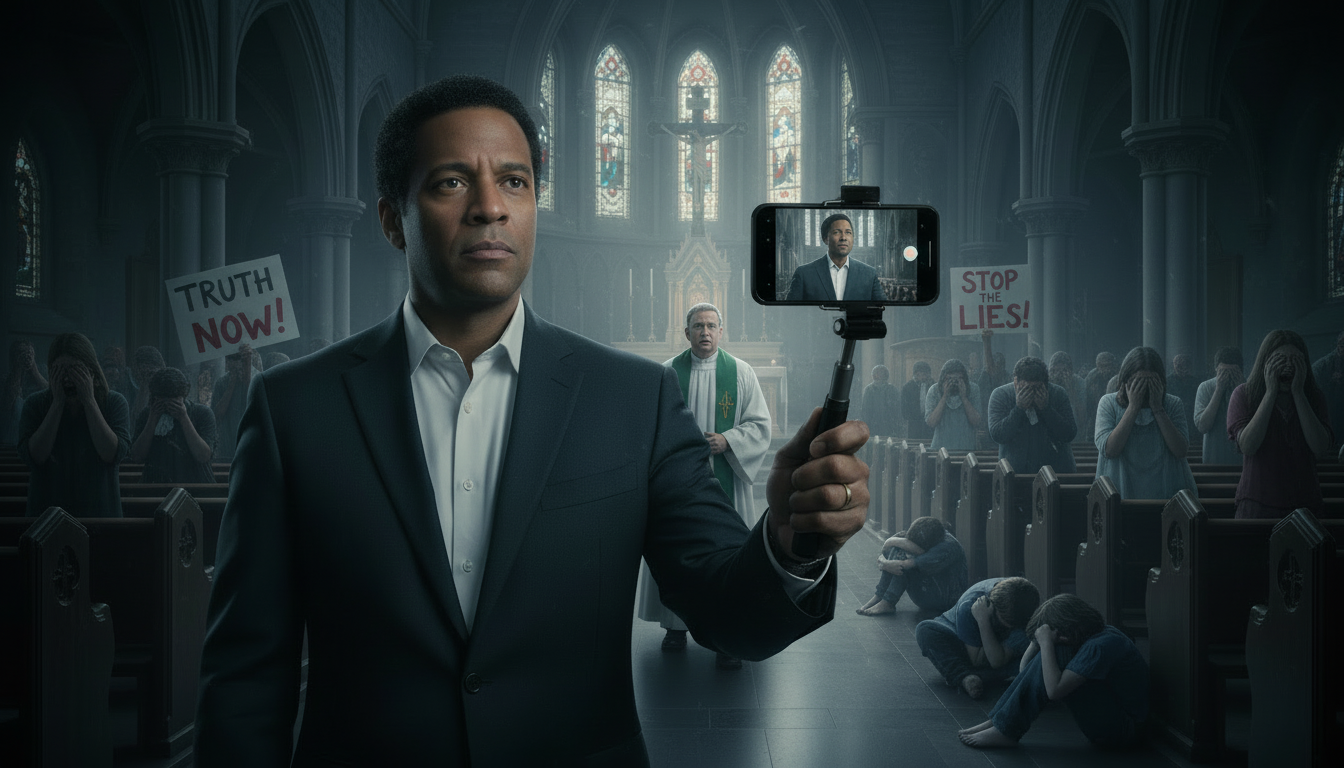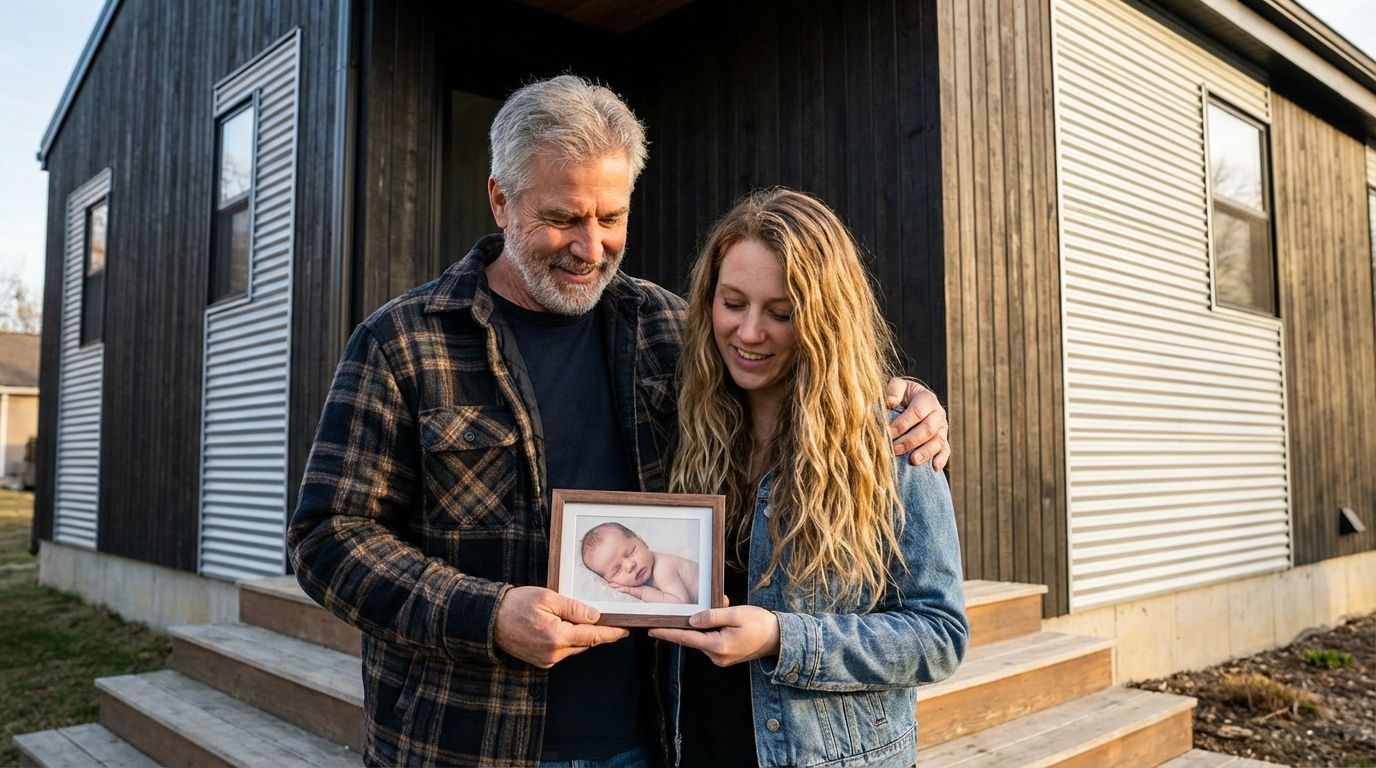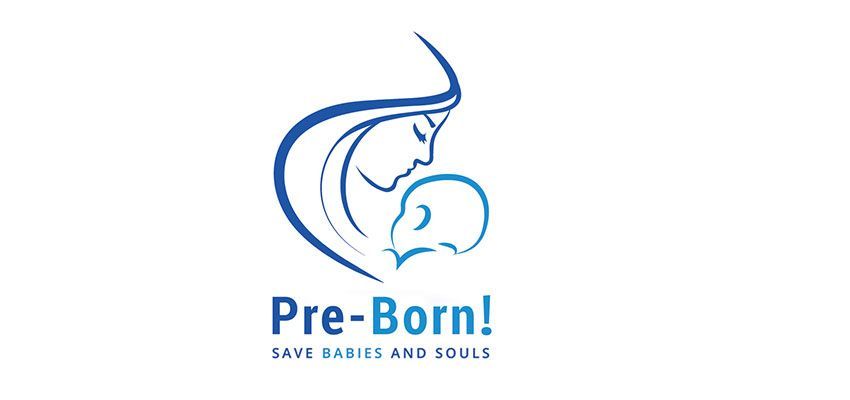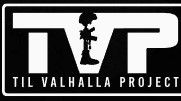Dietrich
No cheap surrender, fuel the fire!
Posts on this site may contain copyrighted material, including but not limited to music clips, song lyrics, and images, the use of which has not always been specifically authorized by the copyright owner. Such material is made available for purposes such as criticism, commentary, news reporting, teaching, scholarship, education, or research, in accordance with the principles of fair use under Section 107 of the U.S. Copyright Act.
Dietrich
[Verse 1]
In Breslau born, nineteen-oh-six,
A family bright, with minds so quick.
Theology called, young heart aflame,
Berlin and Tübingen, he claimed his name.
Union Seminary, across the sea,
Social Gospel stirred his soul so free.
African songs in the Harlem night,
Shaped his vision, pure and right.
[Chorus]
Oh, costly grace, it calls us higher!
No cheap surrender, fuel the fire!
Stand against the storm, in faith we rise,
Bonhoffer's cry echoes through the skies!
With hearts united, in harmony bold,
Four voices soaring, stories retold.
Resistance rings, in truth we stand,
For justice, for love, across the land!
[Verse 2]
The Cost of Discipleship, words that ignite,
Life Together, in communal light.
Ethics profound, in shadows deep,
Church in the world, promises keep.
Finkenwalde seminary, hidden away,
Training the faithful, come what may.
Ecumenism's bridge, he boldly built,
Christ at the center, no room for guilt.
[Chorus]
Oh, costly grace, it calls us higher!
No cheap surrender, fuel the fire!
Stand against the storm, in faith we rise,
Bonhoffer's cry echoes through the skies!
With hearts united, in harmony bold,
Four voices soaring, stories retold.
Resistance rings, in truth we stand,
For justice, for love, across the land!
[Verse 3]
Nazis ascending, in thirty-three,
He opposed their hate, with clarity.
Confessing Church, a defiant stand,
Against the Führer, across the land.
Fled to America, but called back home,
To share the fate, no more to roam.
Abwehr's cloak, plots in the night,
Helping the oppressed, in freedom's fight.
[Bridge]
Arrested in Tegel, chains couldn't bind,
Buchenwald's horror, Flossenbürg's grind.
Hanged at dawn, April forty-five,
His faith unyielding, kept hope alive.
Final words whispered, in grace's embrace,
A martyr's legacy, time can't erase.
[Final Chorus]
Oh, costly grace, it calls us higher!
No cheap surrender, fuel the fire!
Stand against the storm, in faith we rise,
Bonhoffer's cry echoes through the skies!
With hearts united, in harmony bold,
Four voices soaring, stories retold.
Resistance rings, in truth we stand,
For justice, for love, forever we band!
Dietrich
Dietrich Bonhoeffer (1906–1945) was a German Lutheran pastor, theologian, and prominent anti-Nazi dissident known for his ethical writings, opposition to the Hitler regime, and involvement in the German resistance during World War II.
Early Life and Education
Born on February 4, 1906, in Breslau (now Wrocław, Poland) to a well-educated family—his father was a noted psychiatrist—Bonhoeffer grew up in a comfortable, intellectual environment with seven siblings. He studied theology at the University of Tübingen and Berlin from 1923 to 1927, earning his doctorate at age 21 with a dissertation on the nature of the church. Influenced by neo-orthodoxy and thinkers like Karl Barth, he traveled abroad for further study, including a year at Union Theological Seminary in New York (1930–1931), where he was exposed to the Social Gospel and African American spirituals, shaping his views on community and justice
.
Theological Contributions
Bonhoeffer's work emphasized "costly grace" over "cheap grace," arguing that true discipleship requires sacrifice and action in the world, as outlined in his seminal book The Cost of Discipleship (1937). He advocated for ecumenism and the church's role in a secular society, promoting a Christ-centered ethic that challenged complacency. Other key writings include Life Together (1939), on Christian community, and Ethics (published posthumously), which explored moral responsibility in extreme circumstances. He founded an underground seminary in Finkenwalde to train pastors in resistance to Nazi ideology.
Resistance and Anti-Nazi Activities
As the Nazis rose to power in 1933, Bonhoeffer quickly opposed their interference in the church, co-founding the Confessing Church to resist the pro-Nazi "German Christians." He publicly criticized the regime's antisemitism and the Führer principle from the start. In 1939, he briefly fled to the U.S. but returned to Germany, feeling compelled to share his country's fate. Working with the Abwehr (German military intelligence), he aided the resistance, helping Jews escape and participating in plots against Hitler, including the July 20, 1944, assassination attempt led by Claus von Stauffenberg.
Imprisonment and Death
Arrested in April 1943 for his resistance activities, Bonhoeffer was imprisoned in Tegel Prison, then transferred to Buchenwald and finally Flossenbürg concentration camp. He was executed by hanging on April 9, 1945, just weeks before the camp's liberation by Allied forces, at age 39. His final words reportedly affirmed his faith and hope.
Bonhoeffer's legacy endures as a symbol of moral courage, influencing theology, ethics, and civil disobedience discussions worldwide.

